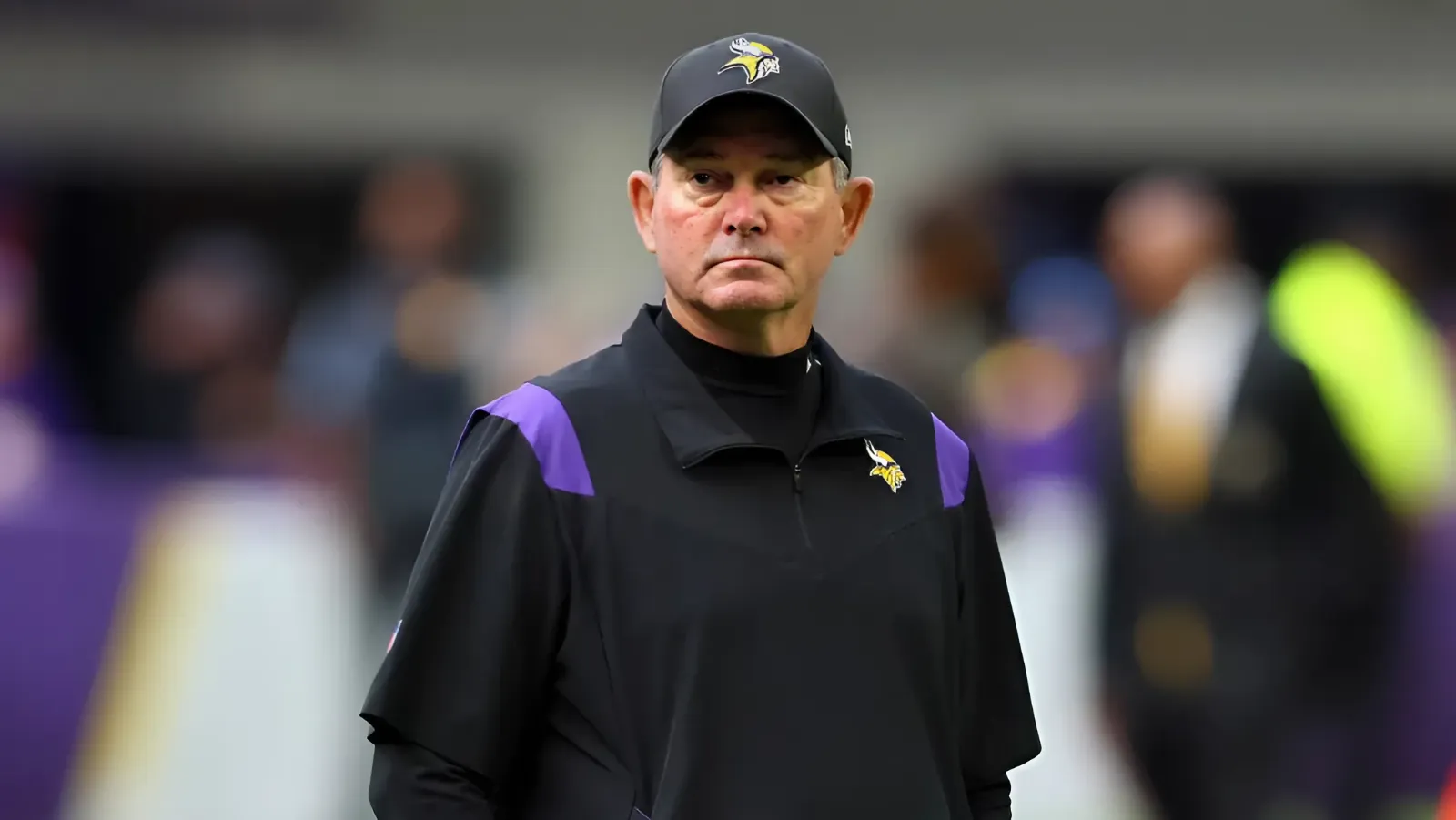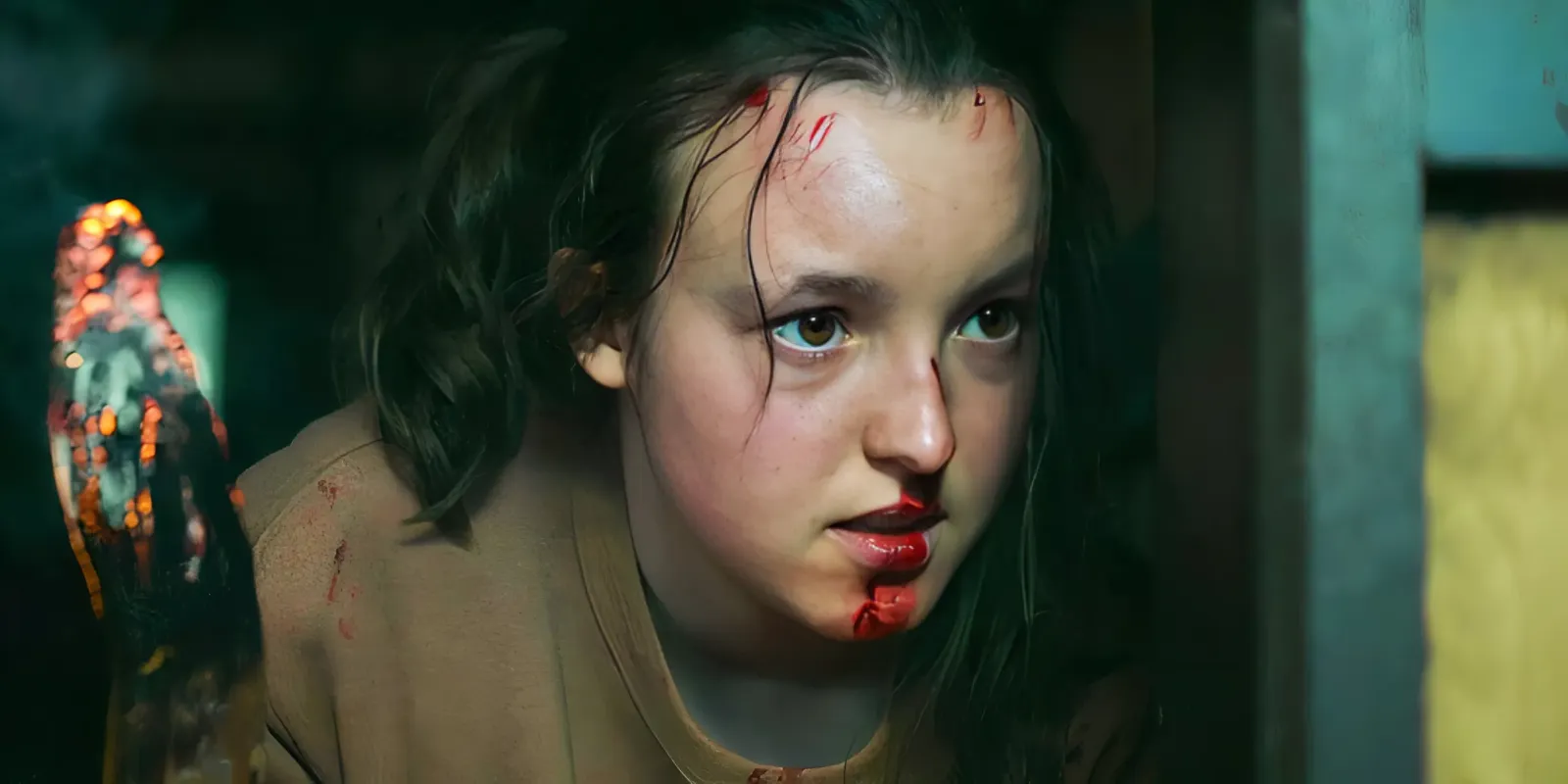Key Takeaways
- The Last of Us and Fallout have different approaches to TV adaptations, with The Last of Us retelling the game's story while Fallout tells a new tale.
- The Last of Us season 2 should expand its world, like Fallout did, to include new avenues of storytelling beyond a shot-for-shot remake.
- Fallout effectively incorporates "video gamey" elements in its adaptation without sacrificing emotion or alienating non-gamers.
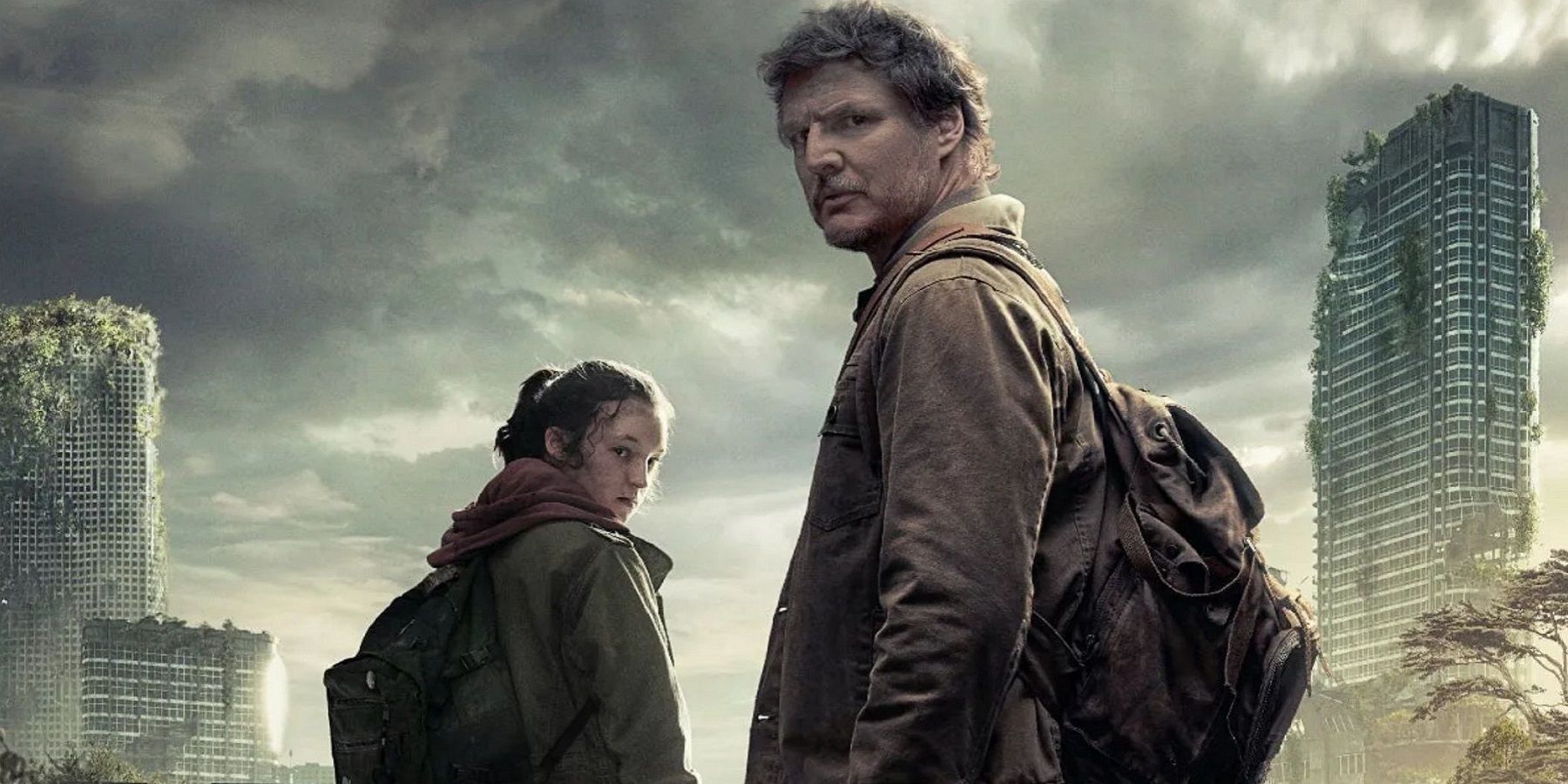
The Last of Us (TLOU) and Fallout may both take place in a post-apocalyptic wasteland, feature undead monsters, and rely on stories between parents and their children (or surrogate children), but they seek to entertain players in vastly different ways. So, despite their similarities in setting, it's understandable that each game's TV adaptation would differ from the other.
But further than the content of the games that inspired them, each show's first season has taken a fundamentally different approach to bringing its respective franchise to life. Both deserve the praise they've gotten, but HBO's The Last of Us could learn a thing or two from Prime Video's Fallout.
Fallout Was Smart To Tell A New Story
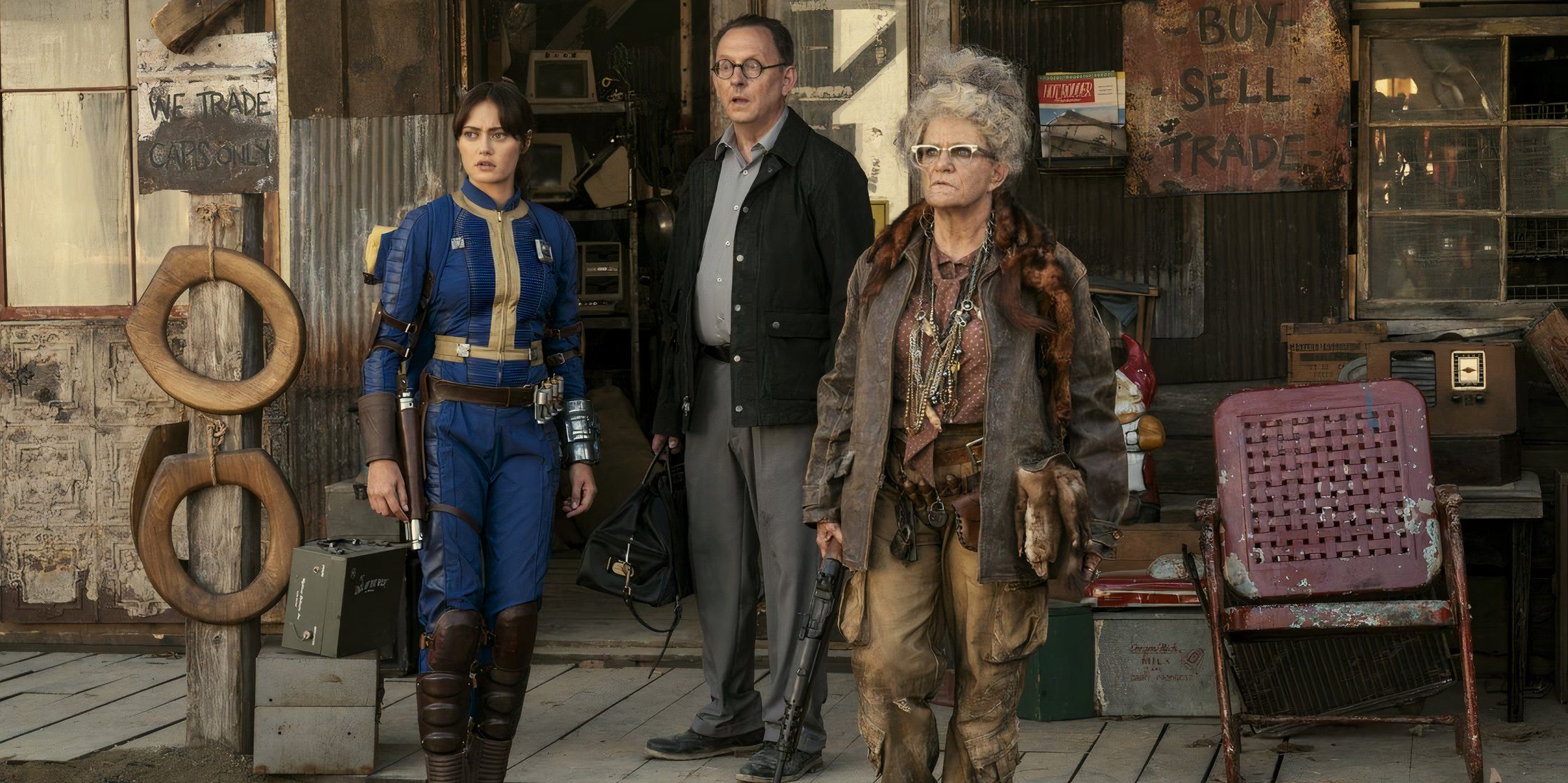
Until only recently, the idea of a movie or TV video game adaptation was a risky proposition. They were often too niche to be appealing to mainstream audiences while simultaneously not being faithful enough to the source to satisfy game fans. Today, Hollywood has (mostly) cracked the formula, with video games regularly becoming blockbusters and prestige TV shows. So the next question becomes: what does the "ideal" video game adaptation look like?
HBO's The Last of Us and Prime Video's Fallout offer two different answers to this question. The first season of The Last of Us essentially retells the story of the first game, while Fallout tells an all-new tale, albeit with familiar flavor. These two approaches both resulted in must-watch TV, but The Last of Us' second season would benefit greatly from expanding the world fans know rather than offering a shot-for-shot remake of the game The Last of Us: Part II.
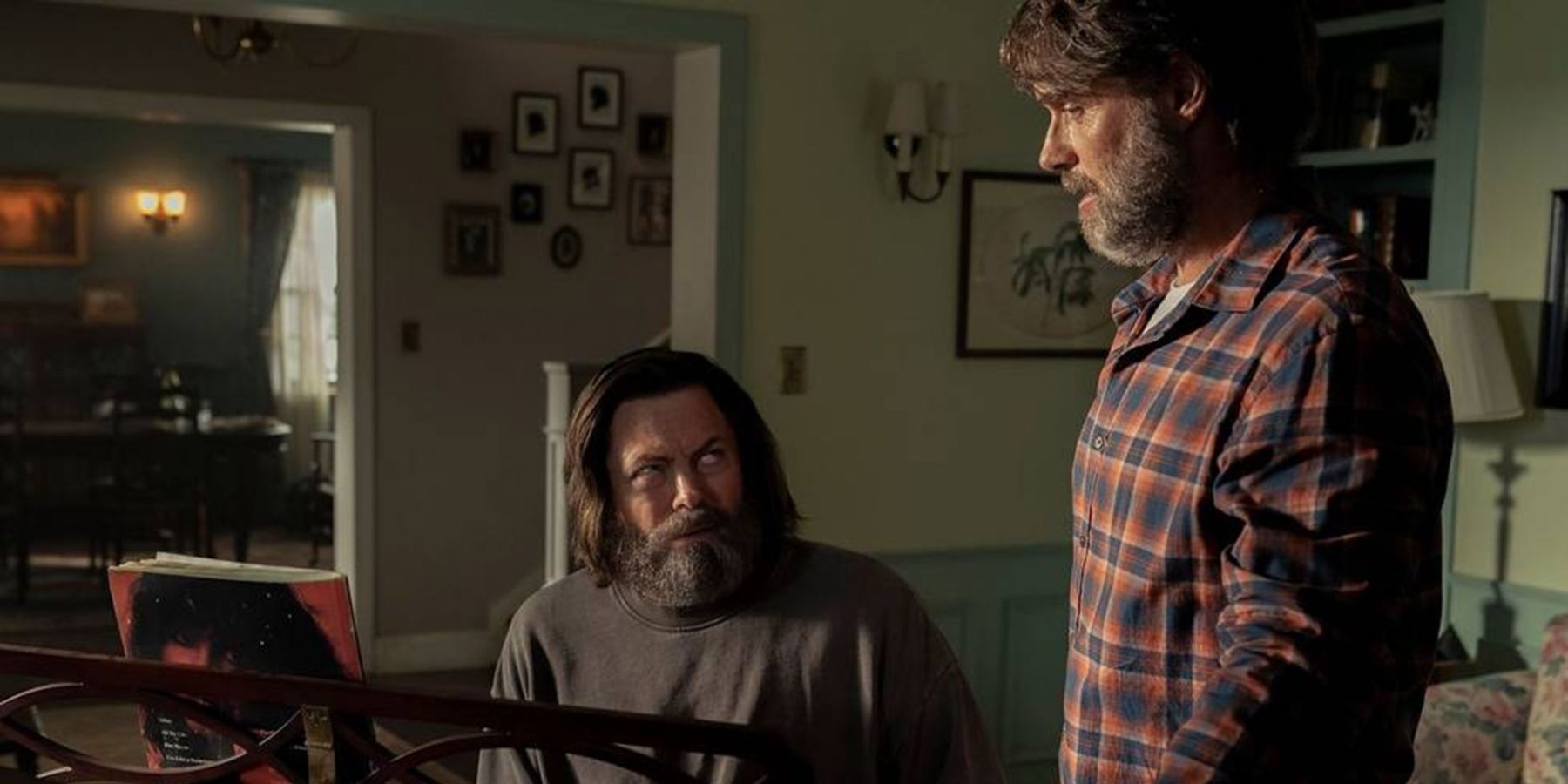
Take the most acclaimed episode of TLOU's first season: "Long, Long Time" (the one focusing on Bill and Frank). Besides its strong writing and performances, "Long, Long Time" was memorable because it expanded what fans already knew from the game, where Bill is only on-screen for about two of the game's 15+ hour runtime. Finding new avenues for storytelling while staying in the same world and exploring similar themes would expand the franchise beyond what fans already know.
Perhaps one of the lessons video game adaptations had to learn is that they don't deserve the exact same treatment as other mediums. Take books, for example. Part of the magic of seeing a beloved book on the big screen is comparing how the characters, settings, and events that previously only existed in one's head are imagined by the filmmakers. The actors, cameras, special effects, and all the other technical wizardry enhance a story that's already been told.
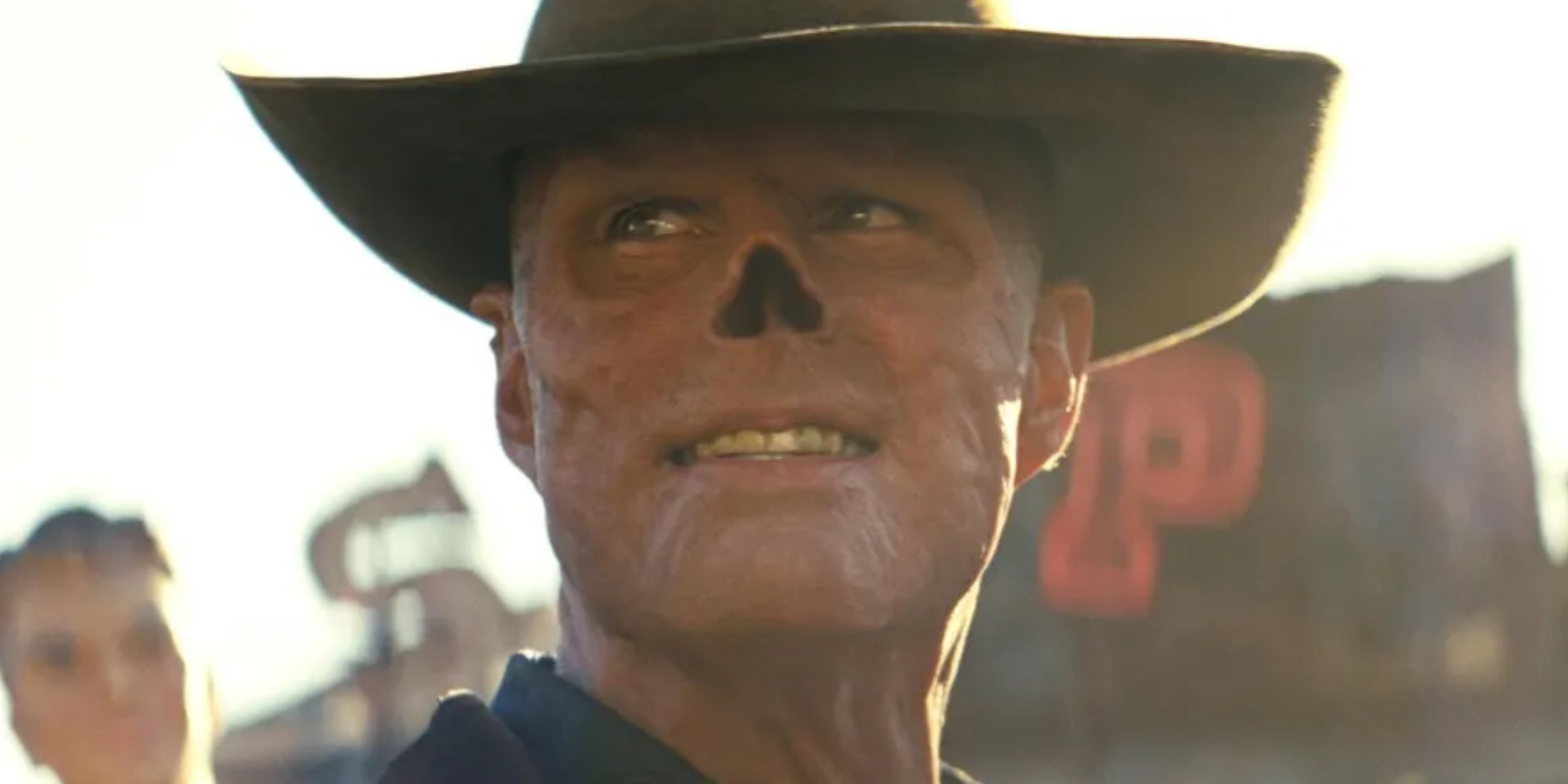
But video games—unlike books—have the benefit of utilizing many of film's tools to build their worlds from the outset. By the time a movie or show is set in that world, fans already know exactly how it should look and feel. But should they also know how it ends? The Last of Us is a beautiful story that deserves to be told, but consider Todd Howard's reasoning for rejecting adaptations of specific Fallout storylines: "A lot of pitches were, you know, 'this is the movie of Fallout 3,' and I was like 'yeah, we told that story.'"
HBO's The Last of Us can continue doing a phenomenal job of telling the games' story, but season two would truly stand out if it ceased to be solely a retelling. And based on early clues such as Catherine O'Hara's mystery character, it looks like surprises are in store.
Fallout Is A Good Example Of How To Adapt "Video Gamey" Elements
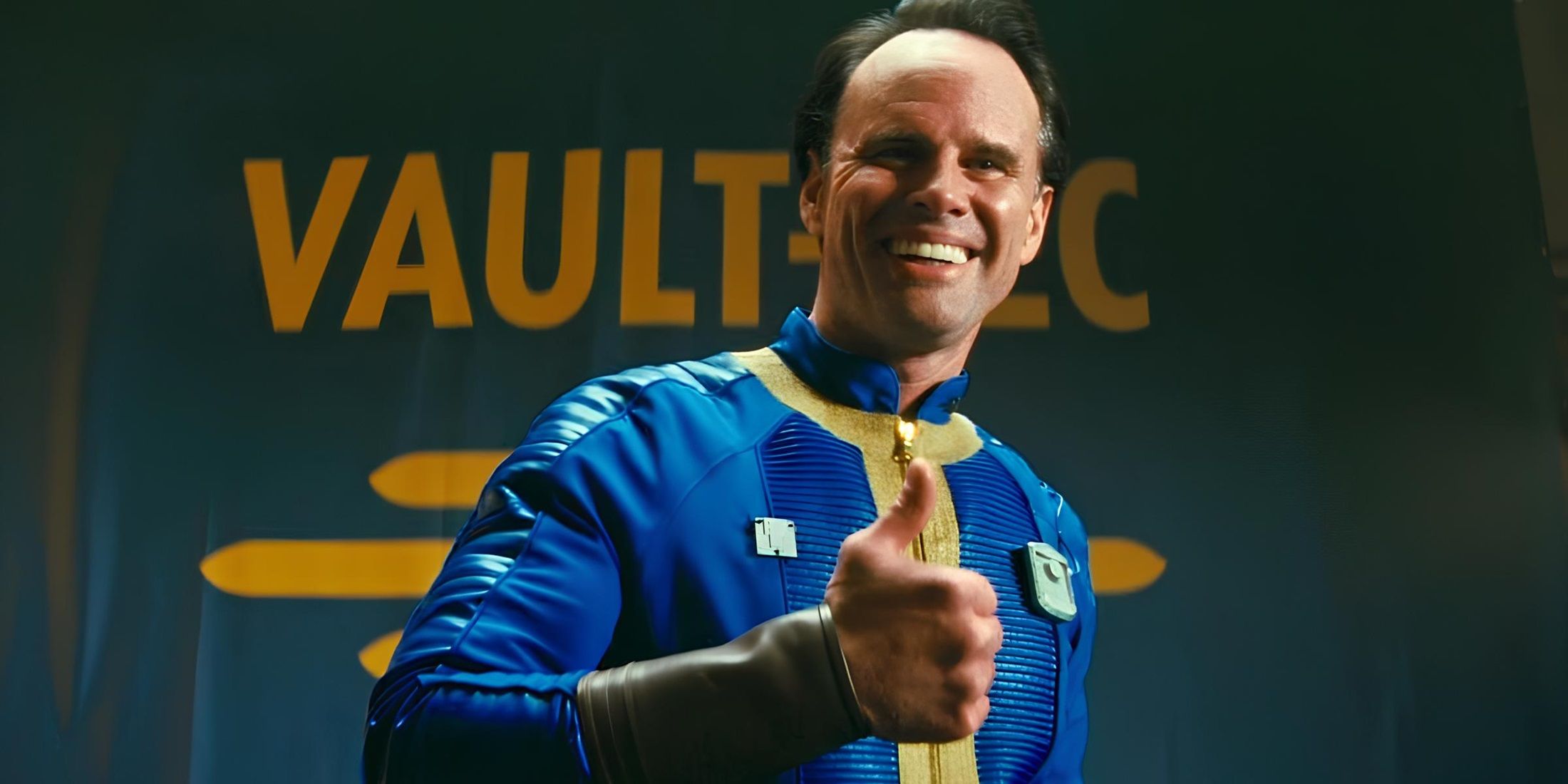
How does a movie or show capture the feeling of playing The Last of Us—that feeling of being down to just two bullets, having to choose between crafting a Molotov cocktail or a Med Kit, or finally finding that tool to put a scope on the rifle? A lot of smart writers and filmmakers are needed to answer this question. But with a preference for emotional character beats, many of these elements were merely implied or altogether absent from the first season of the HBO series.
Consider, on the other hand, the relief of finding a Stimpack, taking a side between two quarreling characters only to find out the wrong person was sided with, or getting constantly distracted by side quests. All of these hallmarks of playing a Fallout game were directly shown in Prime Video's Fallout, and sometimes even explicitly stated, with The Ghoul saying, “The wasteland has its own golden rule: 'Thou shalt get sidetracked by bulls*** every god**** time.'”
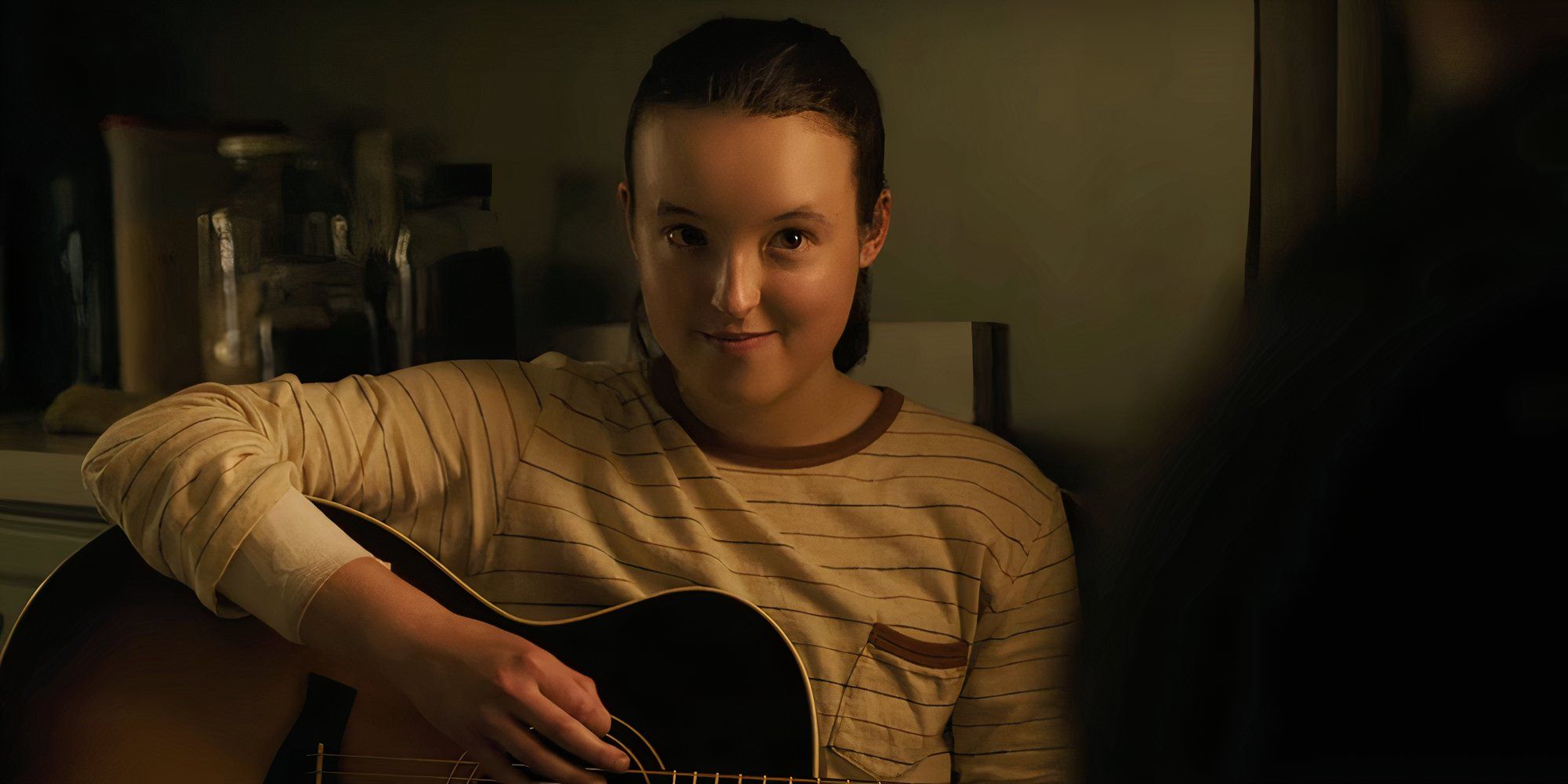
But the two most important things to note are that Fallout didn't have to sacrifice drama, emotion, or character building to include these game elements, and these elements did not come at the cost of alienating non-gamers. It could be argued that it all comes down to the preexisting game worlds of Fallout and The Last of Us, but that suggests that it's easy to incorporate these elements if they're already present in the games (which it certainly isn't).
HBO's The Last of Us is one of the best shows of 2023, and it didn't have many of these "video gamey" aspects. But then Prime Video's Fallout comes along and shows that an emotional story can honor and emulate the feeling of playing the game that inspired it, while still leading to one of the best shows of 2024.

